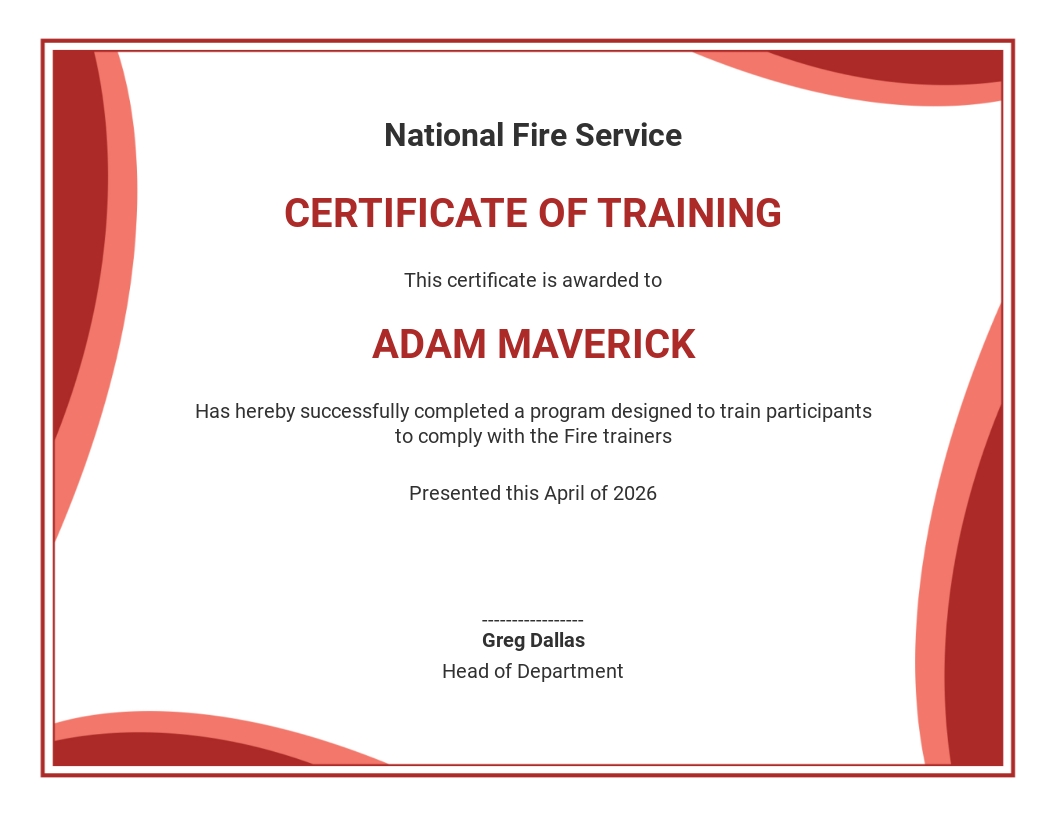Fire Safety in the Workplace: Renewals to Stay Compliant
Fire Safety in the Workplace: Renewals to Stay Compliant
Blog Article
Fire safety is a critical concern for any business operating in the United States.
This article explores how American companies can strengthen fire safety through up-to-date certifications.
By the end, you’ll have a practical roadmap for ensuring your office meets the highest fire safety standards and safeguards your most valuable assets: your people.
Why Every US Company Needs Fire Safety Protocols
Fires can happen anywhere, and offices are no exception.
Investing in proper fire safety measures is not just about meeting legal codes; it’s about creating a culture of care and preparedness.
Failure to comply can result in severe fines, legal liability, or even closure.
How Fire Brigade Training Prepares Offices for Emergencies
In the US, fire warden (sometimes called fire brigade) training equips designated employees with the knowledge and skills to lead evacuations, assist during emergencies, and communicate effectively with first responders.
Many programs cover topics like fire extinguisher use, alarm systems, emergency communication, evacuation routes, and post-incident reporting.
Well-trained fire wardens not only enhance safety but also help organizations pass compliance inspections, reducing legal and insurance risks.
Steps to Pass Fire Safety Inspections
Certification often includes on-site inspections and review of safety documentation.
Review your emergency action plan, ensuring it’s accessible and clearly communicated to all staff members.
Proactive preparation not only simplifies renewals but also ensures continuous protection for your workplace.

Ongoing Strategies for Workplace Fire Prevention
US offices that prioritize ongoing safety measures are less likely to face emergencies and better prepared when incidents occur.
Regular maintenance is critical: schedule monthly checks on fire alarms, smoke detectors, sprinkler systems, and extinguishers.
Host periodic refresher trainings, conduct surprise fire drills, and encourage team leaders to review emergency plans during staff meetings.
Legal and Insurance Implications of Fire Safety Compliance
Failing to meet fire safety standards can have severe legal and financial consequences for US businesses.
In the event of a fire, inadequate documentation or proven negligence may result in denied claims, leaving businesses to cover damages out of pocket.
By prioritizing fire safety, businesses demonstrate responsibility and reduce the risks of costly legal and financial setbacks.

Conclusion: Building a Fire-Safe Workplace
Creating a fire-safe workplace is not just about ticking regulatory boxes—it’s about protecting lives, preserving property, and fostering a culture of responsibility.
Fire safety readiness is a powerful signal of professionalism and care.
Keep your team informed, your equipment updated, and your plans reviewed regularly.
Common Questions on Workplace Fire Prevention
Which employees should receive fire brigade training?
However, all employees should receive basic fire safety orientation and know evacuation procedures.
How often should fire safety certifications be renewed?
Renewal periods vary by jurisdiction but are often required every 1–3 years.
What are common causes of office fires?
Common causes include electrical malfunctions, overloaded power strips, kitchen accidents, improperly stored flammable materials, and heating equipment issues.
Why do insurers care about fire safety?
Staying compliant protects both your business and your financial stability.
How do I write an effective workplace fire plan?
Drills and refresher training help keep the plan effective and actionable.
como montar brigada de incêndio inspeção predial Report this page